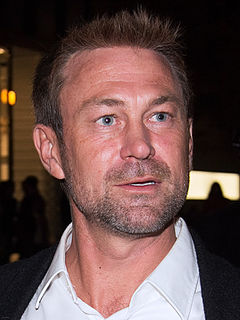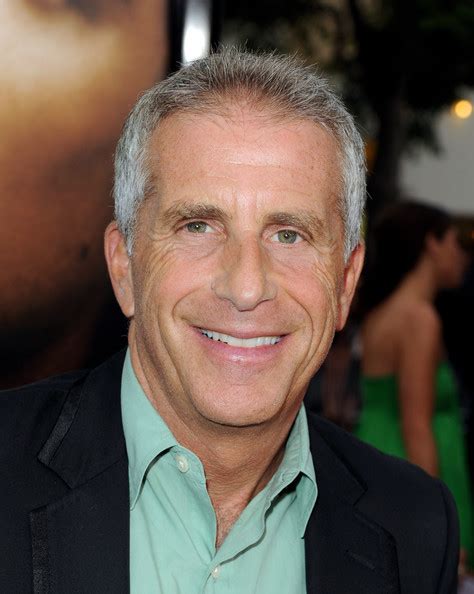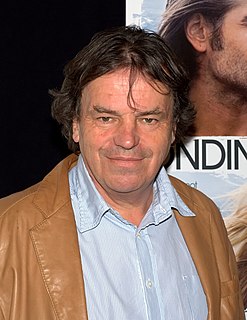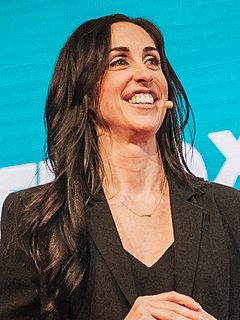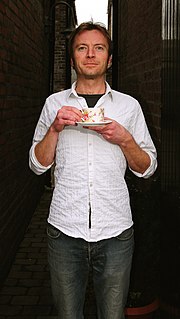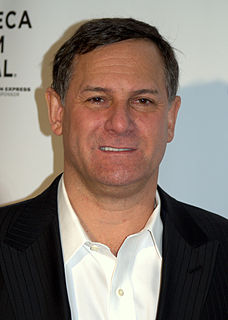A Quote by Richard Linklater
Storytelling is powerful; film particularly. We can know a lot of things intellectually, but humans really live on storytelling. Primarily with ourselves; we're all stories of our own narrative.
Related Quotes
Television is what we call the long form of storytelling, where we tell stories over thirteen, twenty-two, or twenty-four hours. Miniseries is an eight-hour form of storytelling, and film is a two-hour form. Each and every one of them are important to me, because they're a different modality of storytelling.
There is commerciality in storytelling, even in a film or a piece of literature. These things exist. That's why stories came to be: to hold attention and, while you're not looking, you'll get hopefully some nutritional value that the author has been working up. That's narrative; that's passing stuff down.
The storytelling mind is allergic to uncertainty, randomness, and coincidence. It is addicted to meaning. If the storytelling mind cannot find meaningful patterns in the world, it will try to impose them. In short, the storytelling mind is a factory that churns out true stories when it can, but will manufacture lies when it can’t.
In my work, there is a lot of storytelling. The storytelling is not a new thing. Back in the [Howard] Thurston days, the [Harry] Houdini days, the [Harry] Blackstone days, it was stories, but the stories were, "We're going to the Egyptian temples, and we're going to vanish the Prince of Thebes," and, "On my last trip to the Orient ..."


